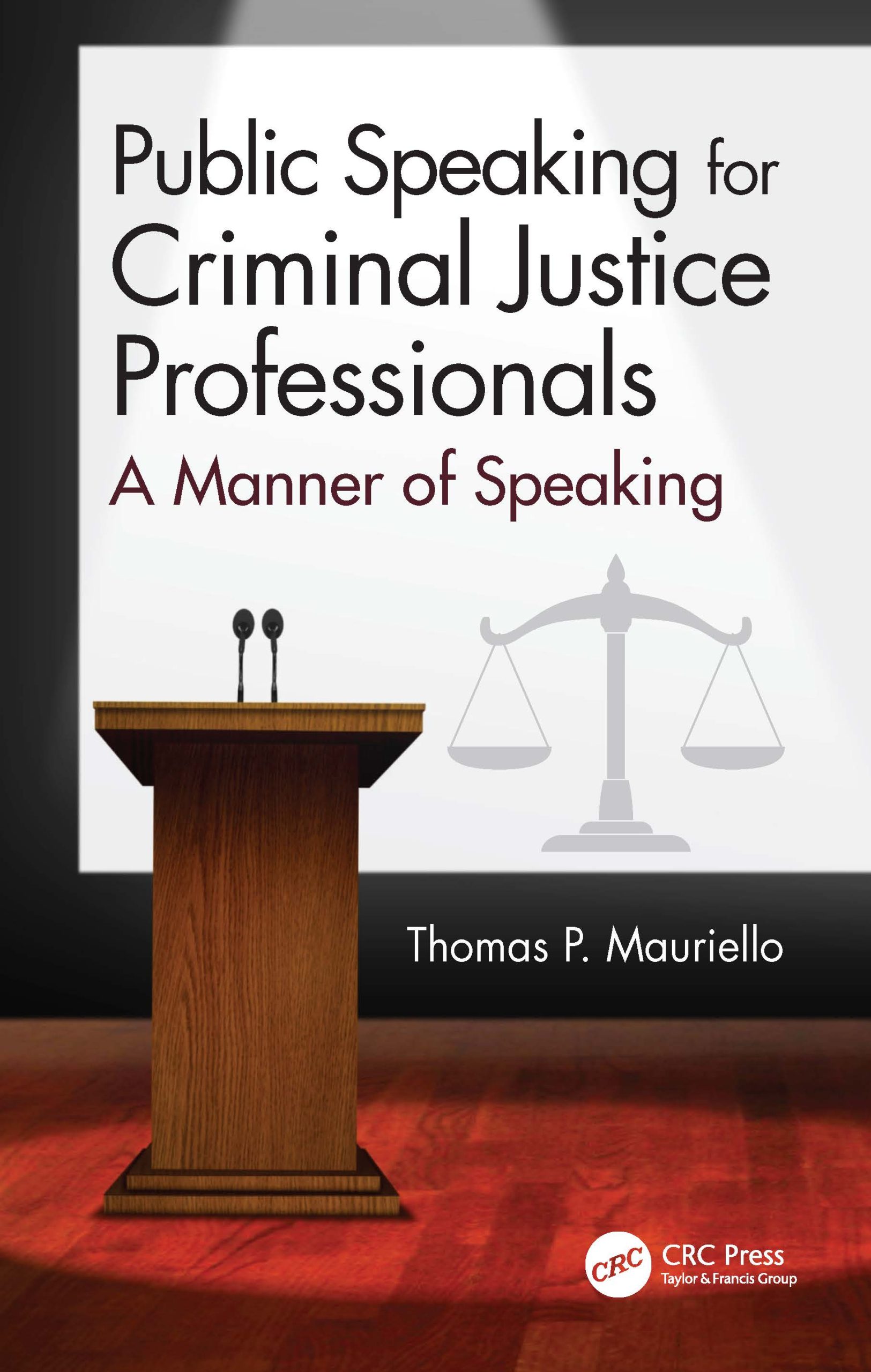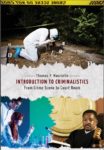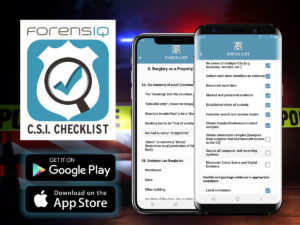Forensic Confirmation Bias: When the Evidence Doesn’t Speak for Itself
Decades of psychological research have consistently shown that humans exhibit “confirmation biases” in decision-making. This phenomena is where we naturally gather, interpret, and even create evidence in biased ways that support our previous beliefs. As a growing number of wrongful convictions in the United States judicial system are being discovered, psychologists are exploring the effects of these biases in the field of forensic science and how they can be prevented. Such was the case in the 2004 Madrid train bombings, where a “loss of objectivity” led examiners to see similarities in fingerprint identifications that “were not in fact present.” This led to investigators to wrongfully accuse and detain American Muslim attorney, Brandon Mayfield, until Spanish authorities identified the true perpetrator. Based off the context of the Mayfield case, Itiel Dror and his colleagues developed an experiment that tested whether forensic examiners can be biased by their expectations, and found that their judgments were indeed sensitive to contexts surrounding a case.
Read the full article here.
Source: forensicmag.com & The Huffington Post
[Abstract by ForensIQ Intern – Mark Lombard]
Citation:
Kukucka, J. Huffington Post Canada. Forensic Confirmation Bias: When the Evidence Doesn’t Speak for Itself. Retrieved May 1, 2013, from http://www.huffingtonpost.com/jeff-kukucka/forensic-evidence_b_3178848.html






